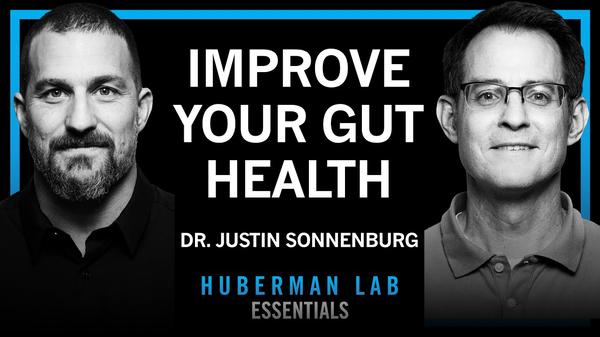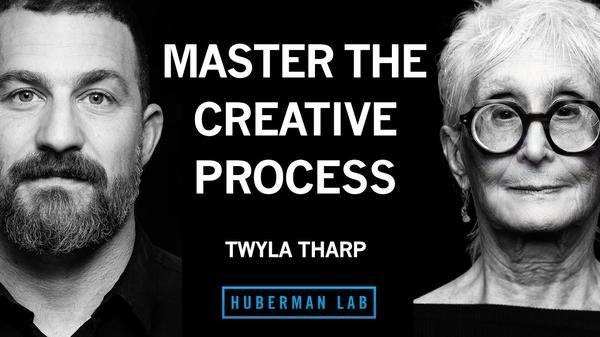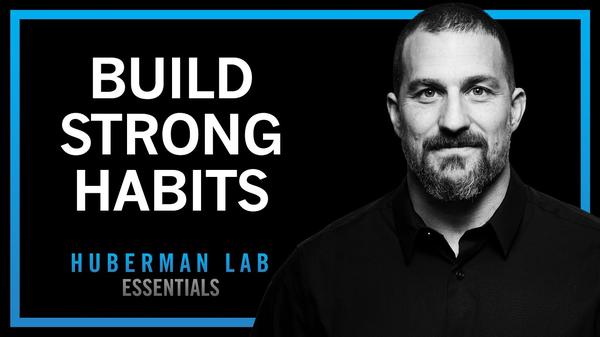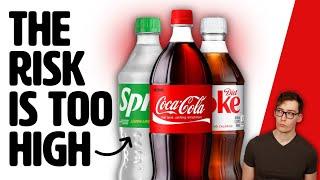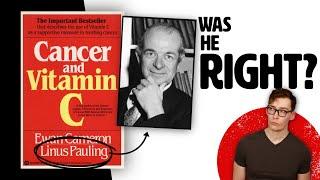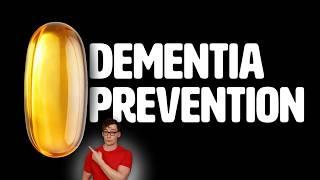
How to Improve Brain Health & Offset Neurodegeneration | Dr. Gary Steinberg
Andrew Huberman
May 20, 2024
Mindsip insights from this episode:
Stimulate brain recovery after concussion without overstressing
After a concussion, total sensory deprivation like staying in a dark room is not a good idea; the brain still needs sensory input, but you should avoid overstressing it.
Utilize statins for blood vessel integrity beyond cholesterol management
A neurosurgeon often recommends statins to patients even if they don't have high cholesterol because the drugs have been shown to be highly beneficial for blood vessel integrity.
Utilize vagus nerve stimulation to enhance stroke recovery
The first FDA-approved treatment for chronic stroke involves implanting a stimulator on the vagus nerve, which, when coupled with intensive physical therapy, can improve arm function.
Avoid neck adjustments to prevent stroke risk
It is strongly recommended to avoid chiropractic manipulation of the neck because it carries a rare but devastating risk of tearing an artery, which can lead to a stroke.
Personalize your blood pressure target for optimal health
While guidelines suggest a systolic blood pressure of 120 or lower, this should be individualized, as some people may feel lightheaded and function better with a pressure closer to 125-135.
Utilize stem cells to enhance stroke recovery through immune modulation
Stem cells help stroke recovery not by replacing dead neurons, but by secreting powerful molecules that modulate the immune system and promote the brain's own native recovery processes.
Utilize mild hypothermia to protect the brain during cardiac arrest
Mild hypothermia, or cooling the brain by just a few degrees, is a proven neuroprotective therapy for cardiac arrest because it blocks multiple damaging pathways that lead to cell death.
Utilize eye tracking for accurate concussion diagnosis
Eye tracking is a very sensitive method for detecting brain problems after a concussion, and many sports leagues are now using it for pre-season baseline testing of athletes.
More from
Andrew Huberman
You also might be interested in
Ketosis (Fasting/Ketogenic Diet) accelerates Cancer Growth - New Study
Soda & Cancer Death: The Link Found in Multiple Large Studies
Early Detection Saved Me: Maria Menounos on Becoming the CEO of Your Health
Linus Pauling: Vindicated by New Evidence?
One Fat Can Prevent Dementia — If You Eat It Long-term








